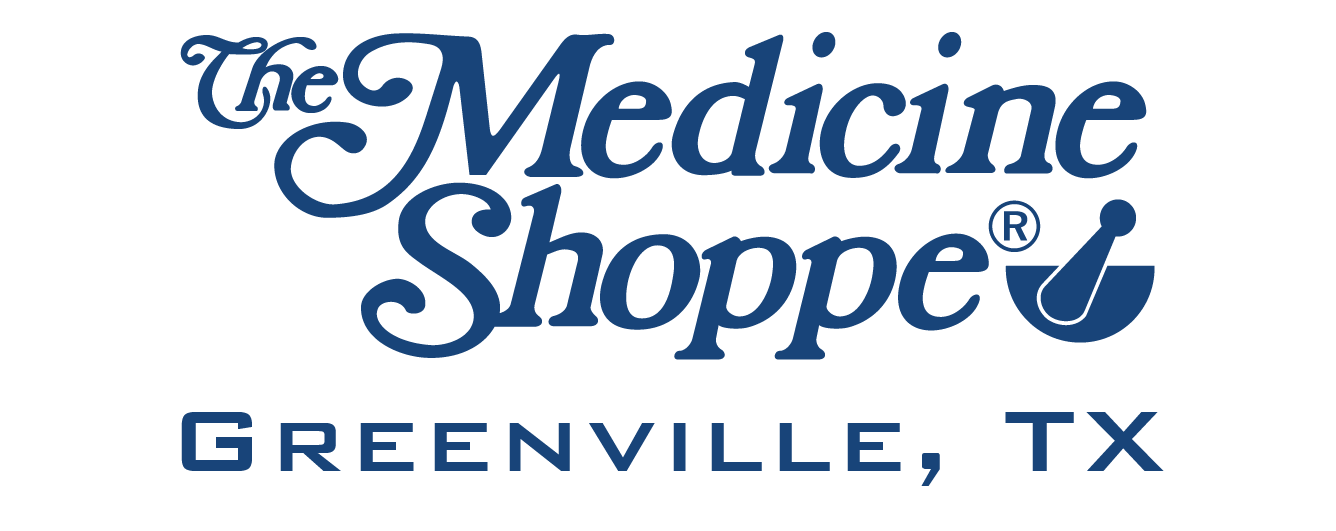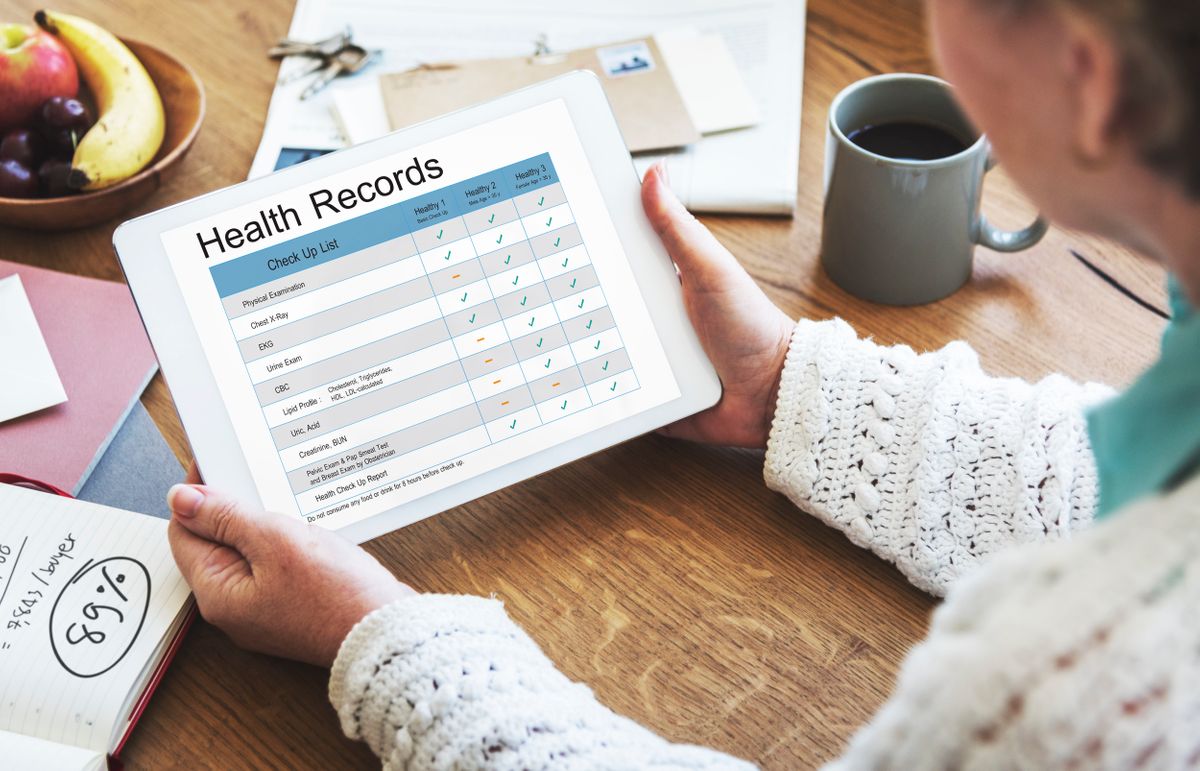Getting a health screening is one thing. But figuring out what the results mean can feel like trying to read another language. It's not always clear what those numbers, ranges, and abbreviations are all about. You might walk out with a paper showing your blood pressure, glucose, and cholesterol levels, but still not know what to do with that info.
Plenty of people feel unsure about what steps to take after a health screening. Some numbers might make you worry even if there’s no cause for alarm, while others might seem fine but hint at something you should pay attention to. That’s why understanding your results in a simple and clear way makes a big difference. It helps you know where your health stands and what to do next.
Understanding Your Health Screening Results
When you get your results back, it usually includes a list of readings with numbers next to each health marker. These might include things like blood pressure, cholesterol, glucose, triglycerides, and BMI, just to name a few. Each one gives a peek at how your body is working and whether anything needs to be addressed.
Here’s a quick breakdown of terms you might see:
- Blood Pressure: Shows how hard your blood is pushing against your arteries. Usually written as two numbers (like 120/80)
- Glucose: Also known as blood sugar. This tells you how your body is handling sugar
- Cholesterol: There’s LDL (often called the bad kind) and HDL (the good kind). Cholesterol plays a role in heart health
- Triglycerides: A type of fat in your blood. High levels might mean you need a lifestyle change
- Body Mass Index (BMI): Gives an idea of your body size based on your height and weight
Each metric will usually fall into a certain range: low, normal, or high. These ranges help give a baseline. They’re not meant to diagnose a problem right then and there, but they do offer clues about what’s working well and where there might be room for improvement.
It’s common to feel nervous when something falls outside the normal range. One result that’s marked as high or low doesn’t mean something is wrong. Some results change depending on what time of day it is, your stress level, or even what you ate the night before. That’s why context matters, and it’s something worth talking to a healthcare provider about before jumping to conclusions.
Common Health Assessments and What They Mean
A health screening often checks a few key things to see how your body is doing. Each test looks at a different piece of the puzzle. Knowing what’s being measured and what those results suggest might help ease some of the confusion and worry.
Here's a closer look at the commonly checked items:
1. Blood Pressure
If your numbers are around 120/80, that’s generally a good sign. Higher numbers might mean your heart is working harder than it should. Lower numbers can sometimes be a concern too, especially if you feel dizzy or weak.
2. Cholesterol
When your LDL is high, it might lead to plaques building up in your arteries. HDL, on the other hand, helps move cholesterol out of the body. Aim for higher HDL and lower LDL. But again, it depends on personal factors like age and family history.
3. Blood Sugar
A normal range means your body is doing a good job managing energy. Too high could be a sign of prediabetes or diabetes. Too low might make you feel weak or shaky.
4. Triglycerides
High triglycerides often go hand-in-hand with high blood sugar or cholesterol levels. That could be your body’s way of signaling too much fat or sugar in your system.
5. BMI
This number gives a rough idea about your body size. It doesn’t tell the whole story, though. A high BMI doesn’t always mean poor health, but it can point to possible health risks when combined with other markers.
For example, someone might have a slightly elevated BMI, but if their cholesterol and blood sugar are solid, then things might still be well balanced. That’s why no single number should be looked at on its own.
Understanding what’s being tested and what normal or out-of-range results mean can give you peace of mind. It also helps set the stage for what to do next, especially if something seems off.
Steps to Take After Receiving Your Results
Once you’ve reviewed your numbers, your next move matters. Even if everything looks fine, you still want to take that opportunity to learn what’s working well for your body. If certain numbers fall outside the regular range, then it becomes even more useful to have a conversation with someone who can interpret those results and explain what actions to take.
Schedule a follow-up with your healthcare provider, especially if you’re not sure what the results mean in the context of your age, medical history, or lifestyle. Bring a copy of the screening report with you. Write down any questions ahead of time, so you don’t forget what you want to ask.
Here are some tips to get more out of the visit:
- Talk through each result and ask what changes, if any, are needed
- Ask if any differences are temporary. Stress, diet, or how much you moved before the test can affect results
- Find out if more testing is necessary based on what your report shows
- Discuss any current medications or supplements and whether those might affect the numbers
- Ask what next steps to take to improve or maintain your health
Sometimes, even small shifts in how you eat or move each day can make a big impact. Maybe your results suggest you’d benefit from a little more fiber, or less added sugar. Or maybe a walk after dinner a few nights a week would help with blood pressure. Your provider will guide you, and the follow-up plan should be realistic for your routine.
It helps to understand that these results are a tool, not a verdict. They give insight into what your body might need more or less of. Use the information to make gradual changes, not overnight ones. That way, those new habits stick around, and your numbers can improve over time.
Utilizing Resources at Greenville Medicine Shoppe
In Greenville, TX, staying on track with your health can feel easier when you have local resources that explain things clearly and help you every step of the way. Whether you're managing a chronic condition or simply want to stay healthy, support that’s close to home makes a difference.
Health screenings don’t stop at giving you numbers. Locations in Greenville that offer health services often provide one-on-one guidance to help people understand what they’re seeing on their reports. Pharmacists, nurses, and medical staff can sit down and walk through the results with you, helping you pinpoint priorities, set goals, and make a plan you can actually follow.
Many local options now also connect screening results with follow-up programs. These may include things like:
- Medication check-ins to review what you’re currently taking
- Access to weight management or nutritional guidance
- Blood pressure monitoring programs
- Help with tracking blood sugar levels
- Calendar alerts for your next wellness check or screening
Having someone put that information into plain language can make it way less intimidating. You don’t have to figure it all out on your own. When you get step-by-step information, it’s much easier to take action that works for you.
Staying Proactive About Your Health
Health isn’t something you check on once and forget about. Even if your results look great today, regular check-ins make it easier to spot small changes before they become problems. That’s where routine health assessments really prove their value.
In Greenville, the fall season brings cooler temperatures and the end-of-year push to reset your goals. It’s a good time to create a plan that helps you stay on top of your wellness before the holidays roll around or schedules get more chaotic. Think of a health screening as a checkpoint. It’s a moment to pause, look at the data, and make sure the choices you’re making now support where you want to be later.
You don’t always need a big reason to schedule a checkup. Feeling okay isn’t the same as knowing everything is in balance. By the time symptoms show up, it can mean something’s already out of line. Catching things early keeps your options open and gives you more time to handle them with fewer stressors.
This doesn’t need to be complicated either. Set a reminder every six or twelve months, plug it into your calendar, and keep track of previous results in a folder or notebook. Showing that history to your provider helps them spot patterns more quickly, too.
Why Knowing Your Numbers Really Matters
Reading a health screening report may seem tricky at first, but once you understand the key points, you'll feel a lot more confident. It’s more than just a page full of numbers. It’s an inside look at how your body is doing and what might help it feel even better.
Taking small, steady steps and asking the right questions after your screening keeps things simple and manageable. Pair that with support from healthcare professionals who care about your well-being, and you’ve got a plan that works for you, not against you.
Health will always come with questions. Being proactive and informed helps you make the best choices for your own life. A little clarity goes a long way. With the right tools, staying healthy in Greenville doesn’t have to feel like guesswork.
For personal guidance on staying on track with your wellness goals, turn to Greenville Medicine Shoppe. We’re here to help you handle and understand your health assessment in a way that supports your unique needs and lifestyle. Let us partner with you in making confident choices for your health and peace of mind.

